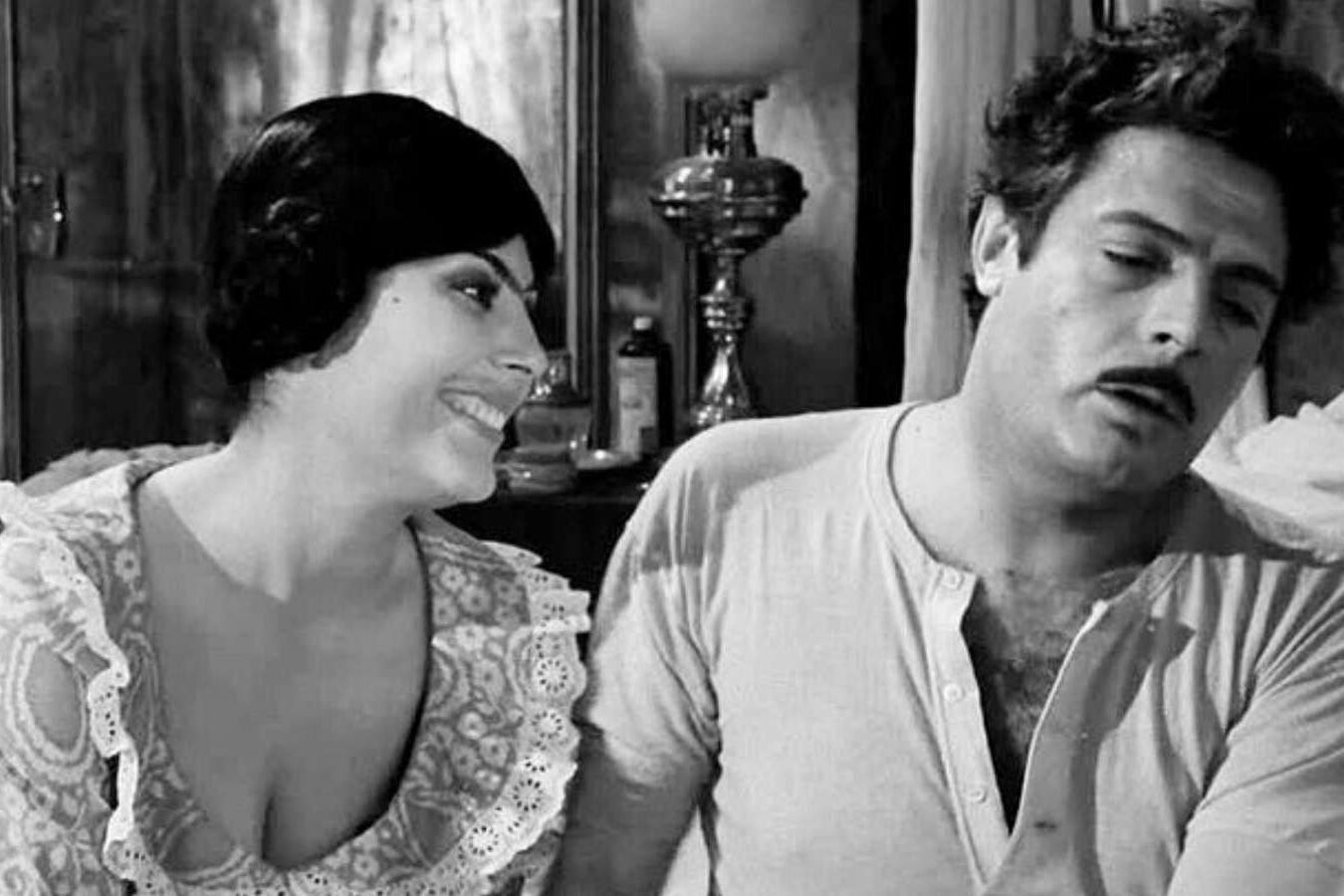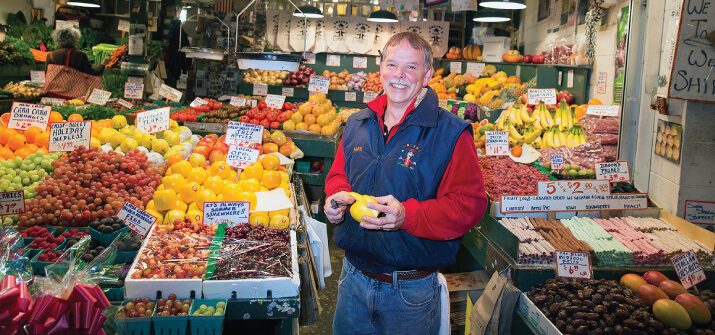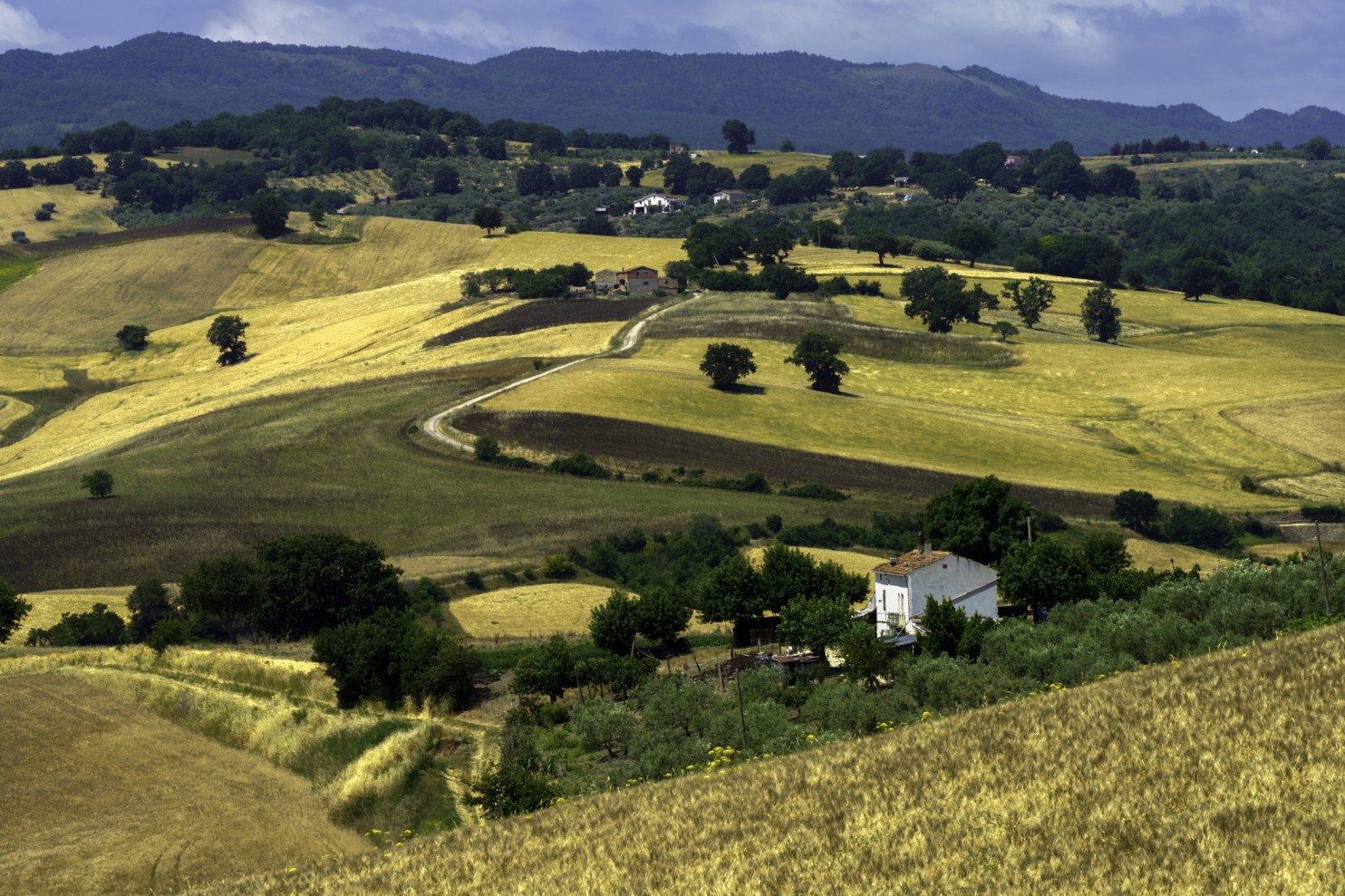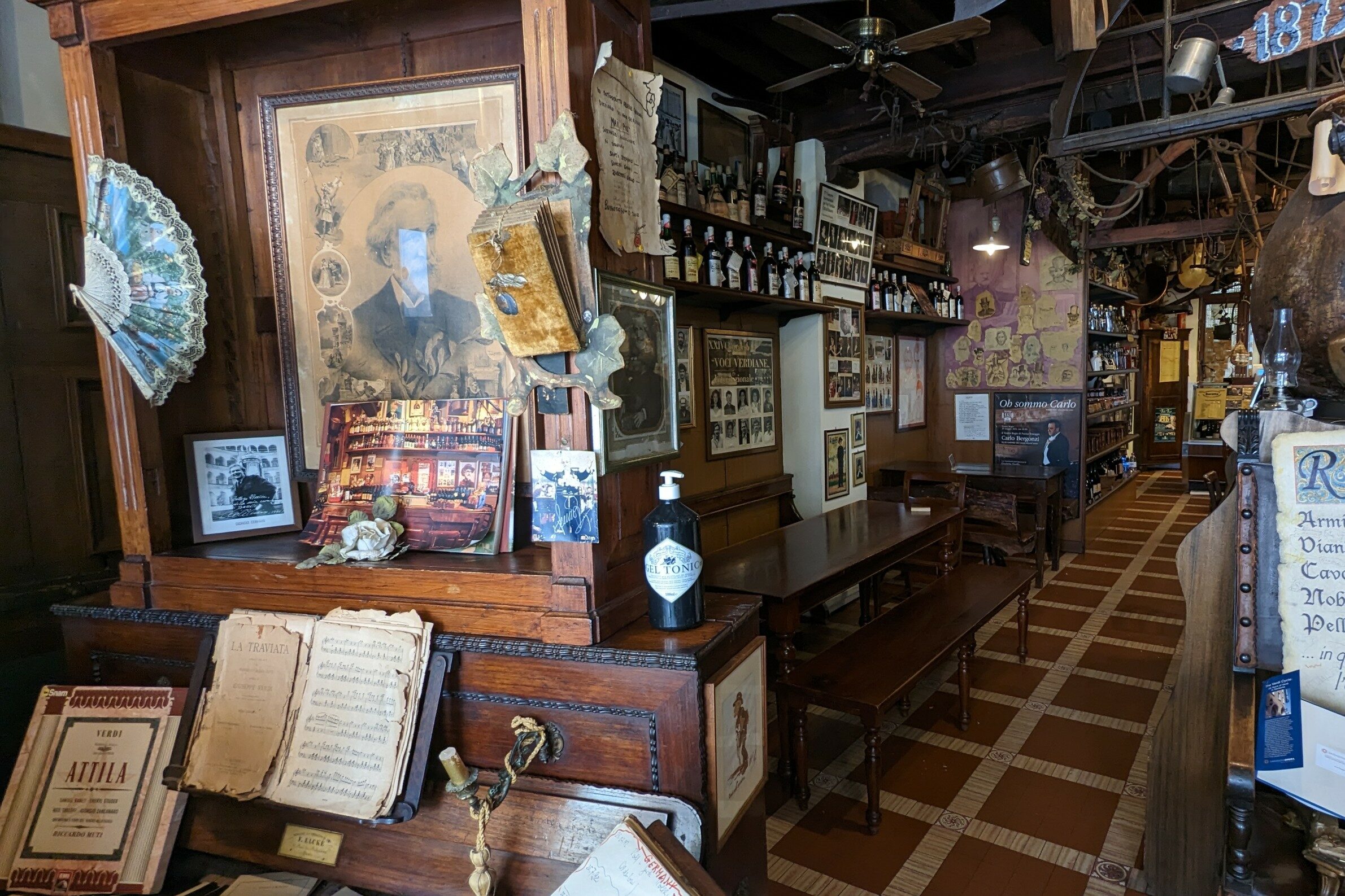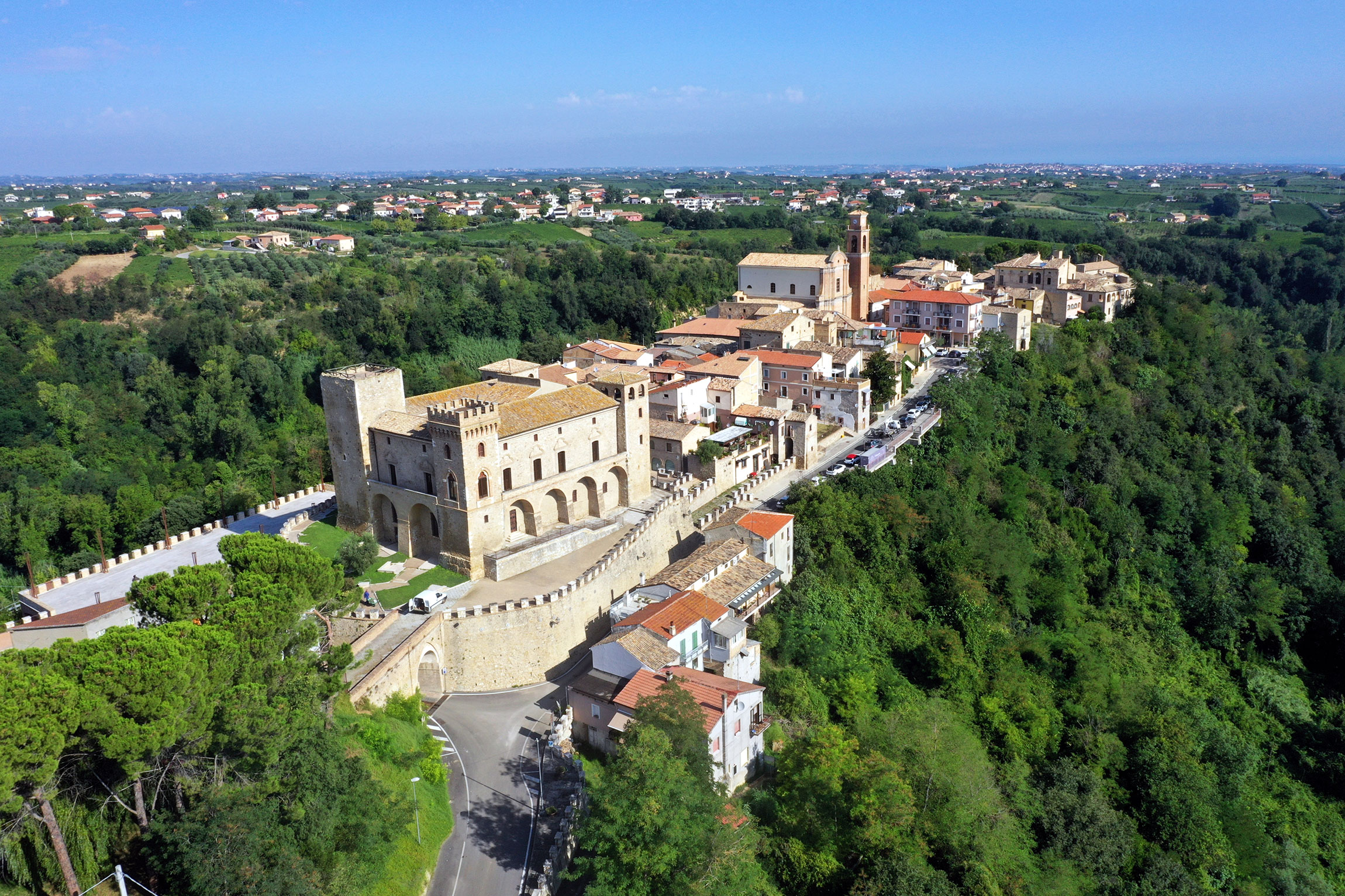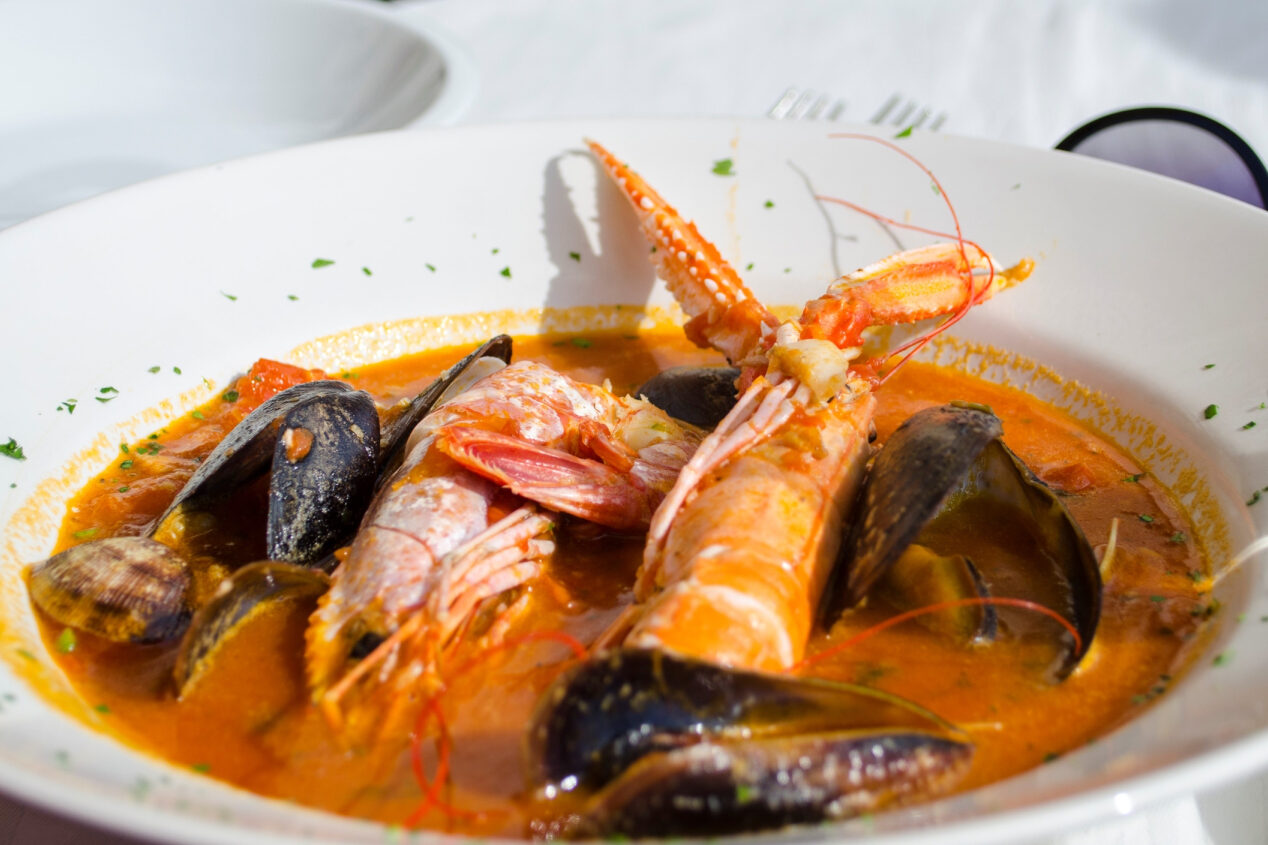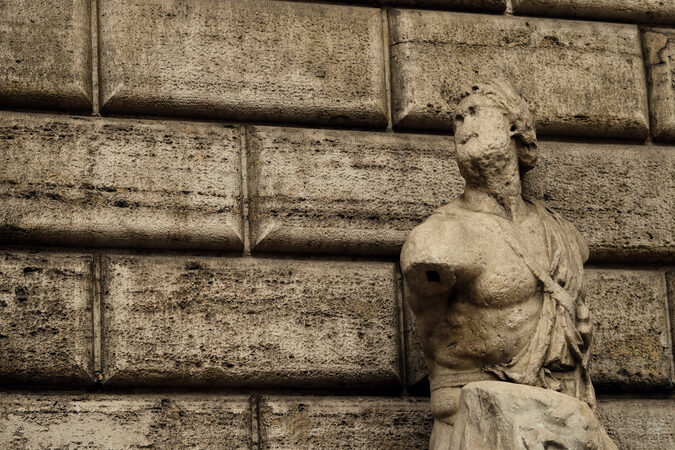Cousins have often played complementary roles throughout history. Take Theodore and Franklin Roosevelt, fifth cousins, who became president of the United States two decades apart. Or Queen Elizabeth and her husband, Prince Philip, on the throne of England. As great-great-grandchildren of Queen Victoria, they are considered third cousins.
Then there is Albert and Victor Rosellini, arguably Washington state’s most well-known and influential cousins. Albert (1910-2011) served two terms as Washington’s 15th governor, the first Italian-American and Roman Catholic to be elected governor west of the Mississippi. His cousin Victor (1915-2003) founded several stylish Seattle restaurants frequented by some of the most powerful political and business leaders of the day.
The story of the Rosellini family began with Albert’s father Giovanni, who left Tuscany in 1901 and settled in Tacoma. Four years later, he met and married Annunziata Pagni, the sister of a fellow immigrant. Together they raised three daughters and one son, Albert, born in 1910.
Giovanni established a thriving liquor business, and soon, other family members followed. His brother Vittorio opened a restaurant in Tacoma and, with his wife Fine Gasperetti, had two sons and three daughters. Victor was born in 1915.

Copyrighted work available under Creative Commons Attribution — Wikicommons/Public Domain
Albert Rosellini: Champion for the working class
Although Giovanni’s liquor business enjoyed initial success, it closed in the 1920s after Prohibition laws were enacted. Giovanni fell on hard times and was briefly imprisoned on drug-smuggling charges. Seeing his father struggle through the court system was an inspiration for Albert to pursue a career in law.
After graduating from law school in 1933, Albert immediately began making headlines for himself. One of his first trials involved defending an African American with whom he once sparred as an amateur boxer (Albert lost the case). He next challenged King County’s enforcement of “blue laws” legislating that all public amusements, not just bars and taverns, close on Sundays. He won that one.
Soon, Rosellini began to think about running for public office. In 1934, he took on state senator Jim Murphy who represented southeast Seattle, home to many Italian immigrants. Albert lost the election by just 80 votes. Despite the defeat, he stayed active in government, taking a job with the King County prosecutor’s office and biding his time. When Murphy died a few years later, Rosellini won his state senate seat.
From then on, politics became his passion. As the son of an immigrant, he focused his attention on promoting social programs and reforms. Education was a priority, and in 1945, he lobbied successfully to establish both a medical and dental school at the University of Washington. “Our American society has become truly democratic,” he said, “only in that social mobility from one economic class to another has been provided by opportunities open to all through our education system.”
In 1956 he ran on the Democratic ticket for governor and won, easily defeating the Republican nominee, Lt. Governor Emmett Anderson. Albert’s first term as governor is considered one of the most productive in state history. He created a separate justice and prison system for juveniles, modernized the mental health system, increased aid to universities and accelerated road construction. He served two terms but lost his bid for a third.
In 1988, the state renamed the longest floating bridge in the world, Seattle’s Evergreen Point Floating Bridge, for him. He died in Seattle on Oct. 10, 2011, at the age of 101.
Victor Rosellini: Restaurateur and Epicure
Taking a completely different path but achieving a similar level of renown was cousin Victor Rosellini. When his father Vittorio died in 1928, Victor and his family moved to San Francisco, where he helped his mother run a small Italian restaurant. He later attributed his success to those early years in San Francisco with his mother. “She taught me perfectionism in her cooking and in serving food beautifully displayed,” he said.
In both San Francisco and Seattle, Victor explored all facets of the restaurant industry, working as a busboy, waiter, bar manager and captain before opening his own place in Seattle in 1950, called Victor’s Six-10, named for its location at 610 Pine Street. Six years later, his second restaurant, the Four-10, set the town abuzz. Its lavish decor and exquisite service were unlike anything Seattle had ever seen: waiters in black tuxedoes, heavily starched napkins and tablecloths, gleaming silver serving pieces and flaming entrees cooked table-side.
Along with its luxurious décor and superb food, the Four-10 was also famous for its clientele, a heady mix of political, business, civic and arts leaders. Victor was the perfect host, known for his ability to remember names and for his superb attention to detail and service. Regardless of his customers’ political leanings or family connections, Victor treated each guest with the same respect and elegance. Seattle Times former editor Richard Larsen compared the Four-10 to New York’s famous Algonquin Hotel, “a sort of Algonquin Northwest, where political minds flourished and great thoughts flowered.”
Victor was active for years in both the community and in his industry. He was the first president of the state restaurant association and later the National Restaurant Association, and served on the boards of the Seattle Symphony, United Way and Seattle Chamber of Commerce.
Like his cousin Albert, though, retirement was never an option. In his 80s, he was operating Rosellini Gourmet Kitchen Catering. And like his cousin, he enjoyed a long and full life. Victor died in Seattle on Jan. 9, 2003 at the age of 87.





